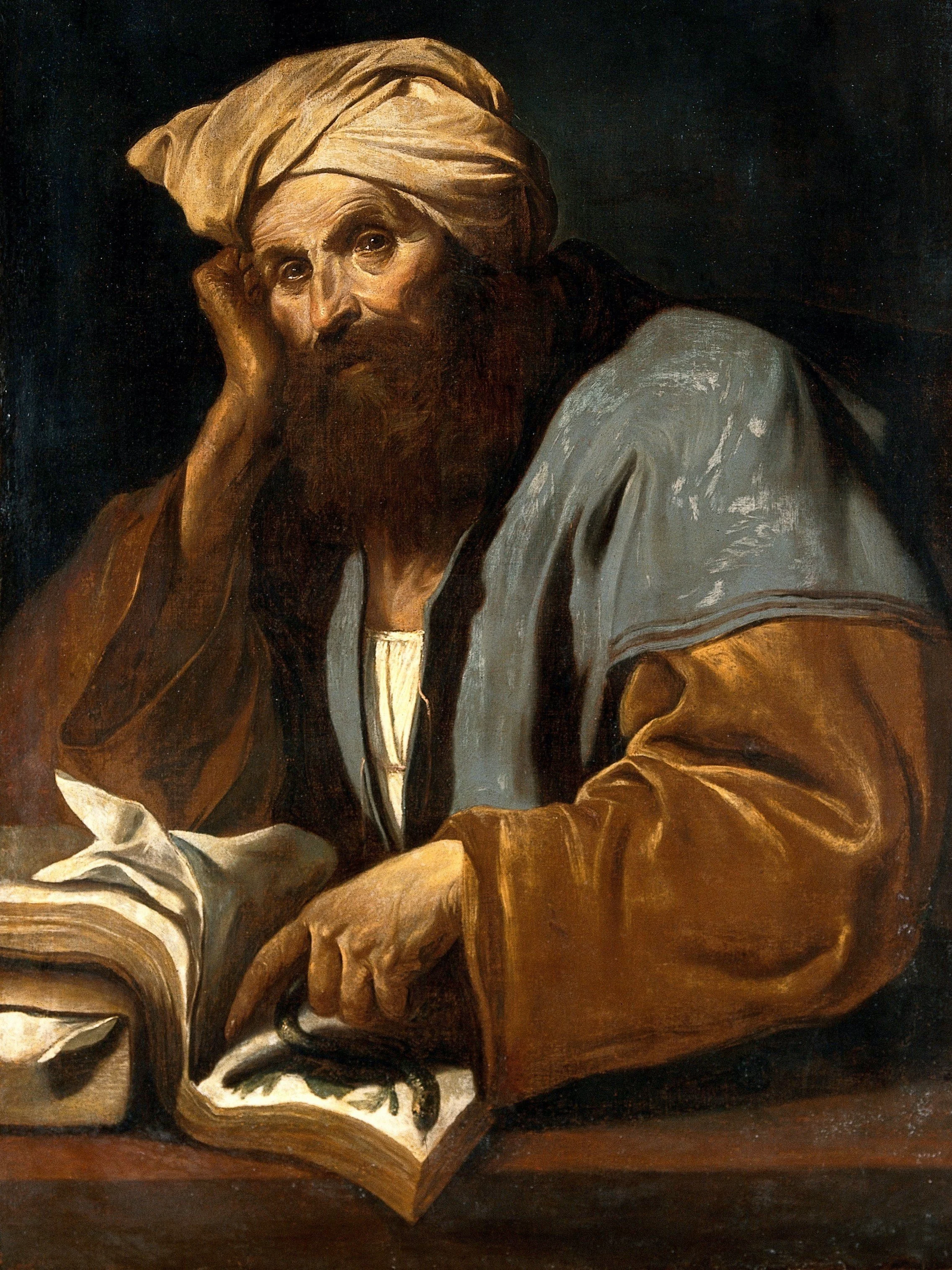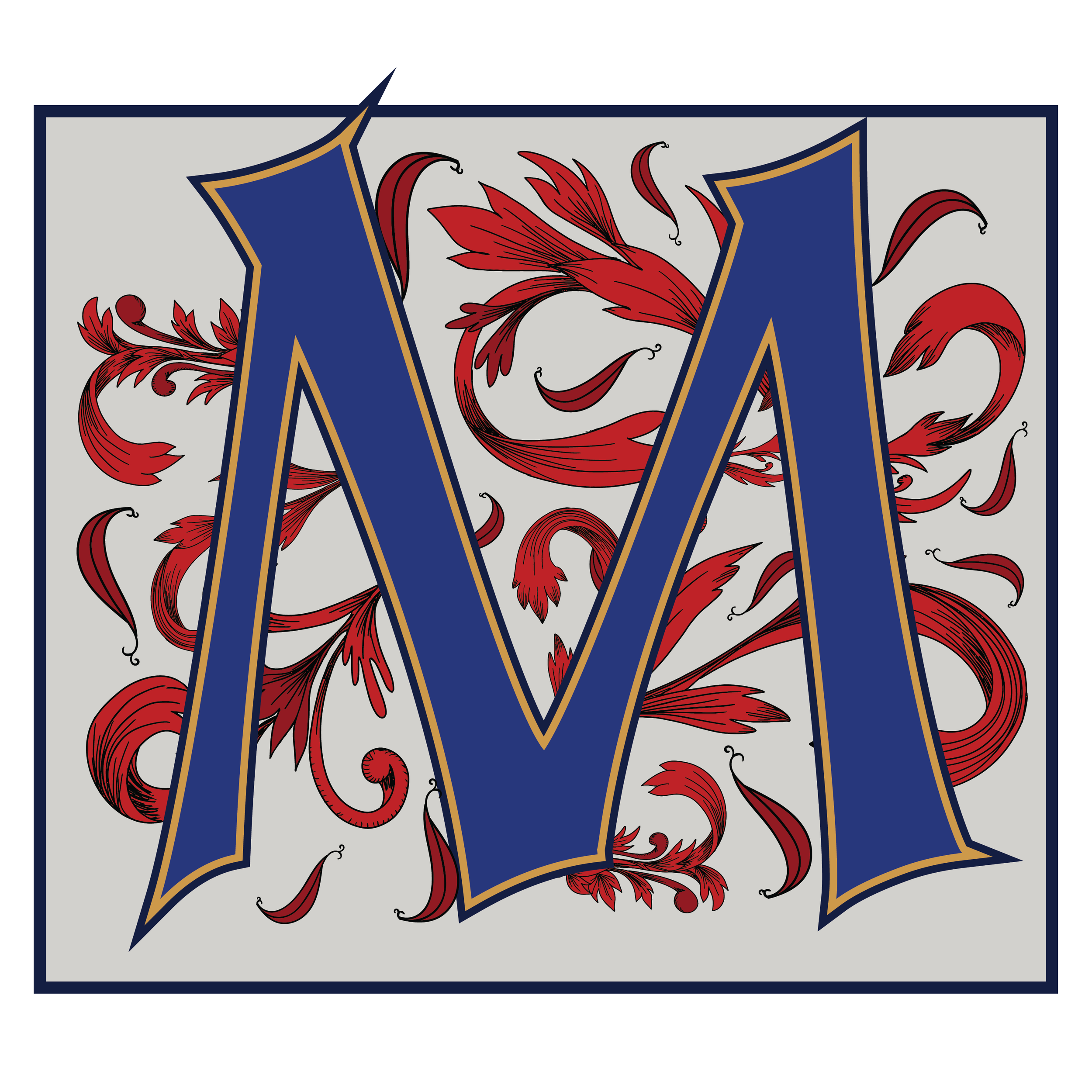Moses Maimonides - The Scholar Who Skedaddled
Moses Maimonides (1135-1204) is considered by many to be the greatest scholar of Jewish law and scripture that ever lived. He is the most famous Moses since the original prophet from the Bible, but nobody might have ever heard from him if he hadn’t fled his hometown in a hurry.
Maimonides was born in Cordoba, Spain at the end of the Jewish golden age in Andalusia. Spain had been a cultural melting pot for centuries, with Muslims, Christians, and Jews living side by side, creating one of the wealthiest and most culturally sophisticated societies in medieval Europe.
In Morocco, the ruling Almohad dynasty thought that the rulers of the Iberian Peninsula were too lax in their observance of Islamic teachings, so they crossed the Strait of Gibraltar and conquered Southern Spain, taking Cordoba in 1148. They gave the Jews of Andalusia a choice: conversion to Islam, exile to elsewhere, or death on the spot.
When Moses was 13 years old, instead of worrying about hiring a DJ for his bar mitzvah, the Maimon family was worried about staying alive, so they made a public conversion to Islam. In their home, they secretly practiced their jewish faith, but outwardly, they were just another Arabic-speaking Muslim family in Cordoba. But the Maimonides family was prosperous and too well known for the ruse to work forever, so they moved away from home to avoid scrutiny.
They first made a new home in Fez, Morocco. While this area was also under Almohad rule, the family was not well known, so they could blend in and not attract suspicion. It was in Fez where Maimonides wrote the Book of Illumination, his first commentary on the Mishnah, the written version of the Oral Torah, the ancient teachings of Jewish law and custom.
In 1165, a prominent local rabbi in Fez was arrested for practicing his religion. This man had been Maimonides's teacher, so it was particularly distressing for Moses to see him tried, found guilty, and executed. Maimonides moved his family to the Levant to find a home in the Crusader Kingdom of Jerusalem. These Christian-ruled lands were only so-so for religious tolerance, and didn’t have much of a thriving trade economy, so the family kept moving, finally settling in Cairo, Egypt.
The early years in Egypt were not ideal for Maimonides. His father died of old age shortly after their arrival. His youngest brother, David, was sailing to India on a trading voyage when his boat sank. David drowned and the family fortune was lost. Maimonides spent the next year unable to get out of bed, and couldn't continue his work as a scholar of Jewish law. It was his nadir.
Bereaved as he was, he now had to support the family and pay the debts incurred from the shipwreck. So he got out of bed and got to work. Needing to earn more than scholar’s wages, he began to practice medicine. He was such a good doctor that he eventually became the personal physician of the new sultan of Egypt, Saladin.
After ten years of writing, in 1180 Maimonides finished his book, Mishnah Torah, which compiled all Jewish laws and organized them in a way people could understand. He didn’t just list all the laws. He tried to show the reasons behind them by demonstrating that by following God’s laws, His chosen people could live together in harmony.
Maimonides spent the next ten years writing The Guide for the Perplexed, which is a most excellent title, especially for a complex book which tried to reconcile faith and science and philosophy. He attempts to reconcile ancient Greek philosophy with Jewish theology and argues for a figurative interpretation of the Torah. It was controversial in his day and beyond, sometimes banned and sometimes burned, but eventually it was revered.
Maimonides was the most influential Jewish scholar of the Middle Ages. His writings are foundational for Jewish law and culture even today for observant Jews. Once his books were translated from Arabic to Latin, they had a major influence on Scholastic scholars of the Christian world. He faced repeated challenges and rampant persecution, but his pen proved mightier than all the swords.
You might love your job. Your coworkers are great, your boss ain’t so bad, and your pay is pretty okay. If so, lucky you, enjoy these times. One day they might be remembered as “the good old days.” Your company might get taken over and everything might change. The free bagels on Wednesday might be replaced by a meeting with outside consultants, who may or may not both be named Bob, but for sure want to know, “What is it that you DO here?”
When Maimonides’s society was disrupted, he tried to lay low. That’s a good first step. But when you feel the dragon’s breath on your neck, you know you gotta go. It’s much better to voluntarily go into exile than be forced to be a refugee. Take stock of what’s going on, and when you know that the land you once loved is no more, it’s time for you to skedaddle.
This change might be uncomfortable. You might end up somewhere that’s not nearly as nice as what you once had. You might have to move again. You might have to retrain for a new type of job. But keep looking, and you’re likely to find a place that fits you. Embrace the journey, stay open to new possibilities, and with perseverance, you may discover a new chapter in the book of your rewarding career.



